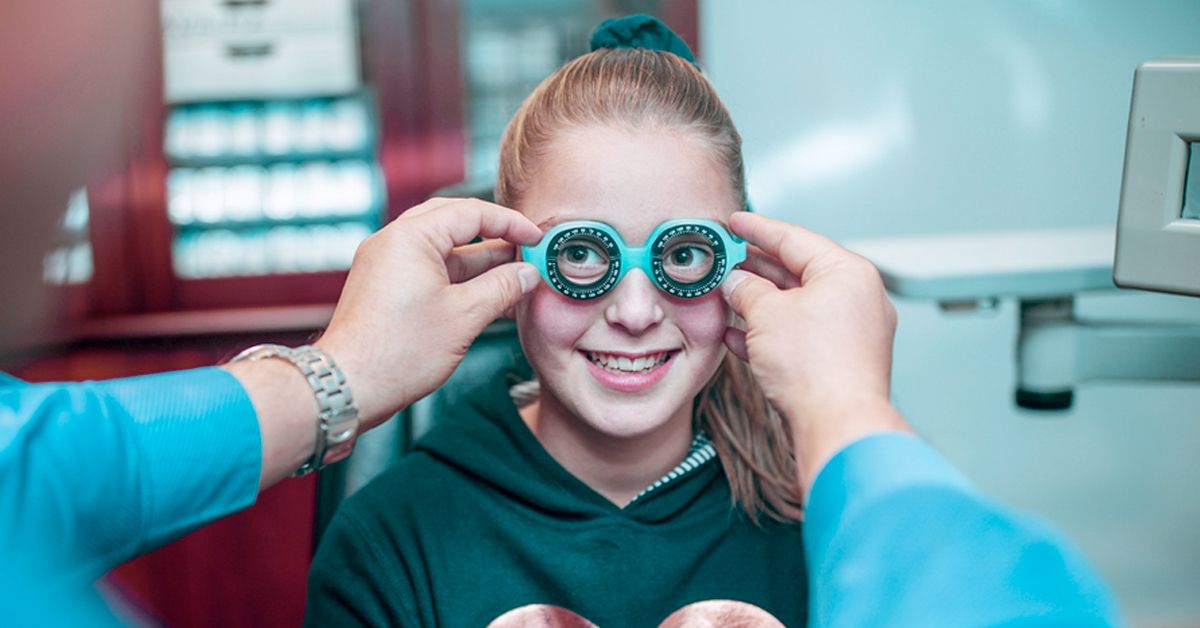Neurologist in Andalusia: Advanced Mind Health Solutions at Our Clinic
Wiki Article
Is Refractive Surgical Treatment Right for You? Factors to Think About for Better Eyecare
In the world of eye care, the decision to undertake refractive surgical procedure is a weighty one that requires thoughtful factor to consider. From the complexities of one's ocular health to the intricacies of day-to-day behaviors and personal expectations, each facet holds relevance in the wider landscape of refractive surgery candidateship.Eye Wellness Assessment
When thinking about refractive surgical treatment, a detailed eye wellness analysis is essential to examine the viability of the treatment for each and every person. cardiologist andalusia. This evaluation includes a collection of assessments and tests conducted by an eye treatment specialist to figure out the total health and wellness of the eyes, the visibility of any kind of hidden problems, and the stability of the refractive errorThroughout the assessment, various factors are taken right into account, such as the person's medical history, existing eye prescription, corneal thickness, pupil size, and tear movie top quality. These evaluations aid to determine any contraindications to refractive surgical treatment, such as corneal abnormalities, cataracts, or neglected eye infections. Furthermore, the analysis assists to handle individual assumptions regarding the possible end results of the surgical treatment based on their unique eye attributes.
Inevitably, the eye wellness analysis is essential in making sure the safety and efficiency of refractive surgical treatment, as it provides important understandings into the person's eye health and wellness status and assists determine one of the most ideal treatment options for attaining optimum visual outcomes. (andalusia pediatrics)
Way Of Living Assessment
An extensive way of living assessment is essential in determining the viability of refractive surgical treatment for a person's visual improvement requirements. Lifestyle variables such as profession, hobbies, and everyday tasks play a vital role in the decision-making process pertaining to refractive surgical treatment.Additionally, lifestyle behaviors such as sporting activities engagement, outside activities, or even skin care regimens can affect the recovery process and general success of refractive surgical procedure. By conducting a detailed way of living evaluation, eye treatment professionals can customize their referrals and treatment plans to meet the special demands of each patient, eventually leading to improved aesthetic end results and fulfillment.
Expectation Alignment

Individuals need to comprehend that while many people accomplish 20/20 vision or far better adhering to refractive surgery, some may still need glasses for particular activities like analysis or driving at evening. Managing these expectations helps prevent frustration and frustration post-surgery, leading to a more positive overall experience for the client.
Risk Evaluation

Variables that might increase the danger of difficulties consist of age, specific clinical problems like autoimmune illness, unsteady vision prescription, thin corneas, and unrealistic individual assumptions. Furthermore, choosing a knowledgeable and competent doctor, adhering to pre and post-operative treatment directions diligently, and divulging any pertinent case history can assist mitigate risks.
To minimize the possibility of complications, ophthalmologists conduct detailed pre-operative evaluations to identify any kind of contraindications to surgical treatment. They additionally go over the potential threats and benefits with clients during the consultation procedure. By engaging in open interaction and shared decision-making, both the ophthalmologist and the patient can interact to figure out if refractive surgery is the best option based on individual risk accounts and wanted results.
Appointment Relevance
Thinking about the important function of notified decision-making in examining dangers and prospective difficulties in visit the website refractive surgical treatment, the assessment process holds significant importance in assisting individuals towards optimum results. Throughout the consultation, the ophthalmologist evaluates the individual's eye wellness, refractive errors, and total suitability for surgical treatment. This preliminary analysis is essential in figuring out one of the most suitable treatment for each and every person, taking into account elements see this page such as corneal density, pupil dimension, and existing eye problems.Moreover, the examination functions as an opportunity for people to review their expectations, concerns, and any type of inquiries they might have pertaining to the surgical treatment. Clear communication between the patient and the specialist is important to ensure realistic expectations and a complete understanding of the prospective dangers and advantages entailed.
Furthermore, the assessment allows the doctor to discuss the different surgical options offered, their respective results, and the post-operative treatment needed. This detailed discussion equips individuals to make knowledgeable choices concerning their eye care, bring about much better satisfaction and results post-surgery.
Conclusion
In verdict, individuals taking into consideration refractive surgical procedure ought to go through a detailed eye health and wellness evaluation, examine their lifestyle behaviors, align their expectations with potential end results, assess the involved dangers, and prioritize consultations with eye treatment professionals. These variables play a critical duty in determining the suitability of refractive surgical treatment for each individual, making sure optimum end results and complete satisfaction with the treatment.People considering refractive surgical procedure often have high assumptions pertaining to the end results, anticipating perfect vision without the need for glasses or get in touch with lenses. While refractive surgical treatment can substantially boost vision and lower dependence on aesthetic aids, it is essential for clients to recognize that results may differ based on specific variables such as the level of refractive error, corneal density, and total eye wellness.
By engaging in open interaction and shared decision-making, both the client and the ophthalmologist can function with each other to determine if refractive surgical procedure is the right selection based on specific danger profiles and wanted outcomes.
Taking into consideration the critical duty of notified decision-making in evaluating dangers and prospective complications in refractive surgery, the appointment process holds considerable relevance in leading clients in the direction of optimum outcomes. Throughout the appointment, the eye doctor evaluates the individual's eye health, refractive mistakes, and general suitability for surgical procedure.
Report this wiki page